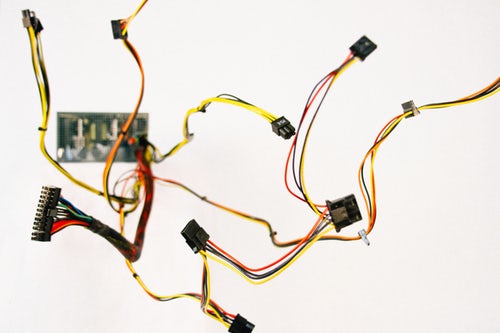Europe’s leading telecommunications company and the Saxon state capital are seeking to establish a collaboration in relation to 5G. This news was announced today, 26 February, by Claudia Nemat, board member for Technology & Innovation at Deutsche Telekom AG, and Dirk Hilbert, lord mayor of Dresden, at the Mobile World Congress in Barcelona. Their joint aim is to make Dresden a 5G model region for energy applications. 5G, the next generation of communication standards, will be used to develop efficient, networked infrastructures in the city of Dresden, and thus lay the foundations for smart energy systems.
“5G will network billions of things in future. In Dresden, we want to gain experience in learning how telecommunication technology can also assist with energy management. We’re already connected through a strong partnership with the TU Dresden. Together with the TU’s ‘5G Lab Germany’, we’re working to build the communication standard of the future. The excellent research serves as the basis for the joint project to develop a test region in Dresden for energy applications using 5G”, Claudia Nemat said.
Dirk Hilbert underlined this by adding that “the smart energy solutions resulting from the co-operation will not only provide inspiration for a smart energy system of the future; they will also play a key role in achieving the City of Dresden’s climate-protection targets.”
Telekom and the Dresden City Council have jointly identified digitisation, communications technology, energy engineering and security systems as co-operation areas – with the following fields of application:
- Smart production, distribution and use of renewable energy
- Localised energy storage
- Smart meters for utilities and networked billing systems
- Smart charging infrastructure
- Linking the electrical energy/heat and mobility sectors
The project is due to be carried out in several stages from now until 2023, initially requiring a specific technical plan on site. As part of the EU’s current “MAtchUP” project, the Johannstadt district is set to be developed into an energy-efficient “smart-city” district, and this is where the partnership between the city and Telekom comes into play, interlinking the energy applications at an IT level, and thus creating added value.


